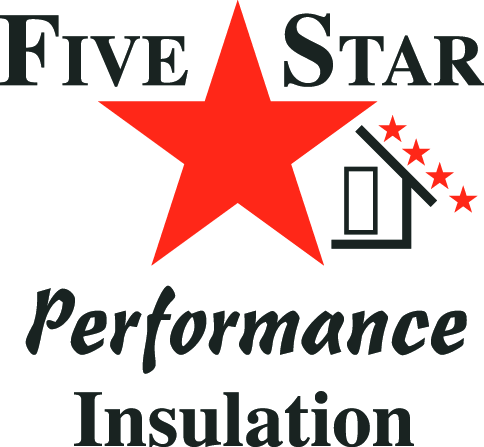 Best Summer Insulation Types for Your Home
Best Summer Insulation Types for Your Home
Summer is an excellent time of the year to enjoy warmer temperatures and spend time with family and friends. However, it’s also a season that can be hard on homes, especially when it comes to the tight balance of temperature and comfort. With the sun’s heat bearing down on your house, keeping your home cool can be challenging, leaving you with higher energy bills. That’s where insulation comes in. It plays a crucial role in maintaining a stable temperature in your home while helping you save on your energy bills. In this blog post, we’ll discuss the best summer insulation types for your home to keep it comfortable and energy-efficient.
1. Spray Foam Insulation
Spray foam insulation is a popular summer insulation option for many homeowners. It’s a versatile insulation solution as it can be sprayed in any area regardless of the size or shape of the space. Furthermore, it’s an excellent option for homes that are exposed to extreme outdoor weather conditions such as high winds, rain, sleet, or snow. Spray foam insulation acts as an air barrier by sealing any cracks and gaps in your home, preventing hot air from leaking in, and cool air from getting out. Spray foam insulation has good sound-deadening qualities and is ideal for attics, walls, and crawlspaces in your home.
2. Fiberglass Insulation
Fiberglass insulation is one of the most popular insulation options for homes. The material’s versatility makes it easy to install in several parts of your home such as walls, roofs, basements, and attics. Fiberglass insulation commonly comes in batts, rolls, or loose-fill, making it easy to find the right type of insulation suitable for any home. The material’s design makes it an excellent sound barrier to limit the noise transmission between rooms inside your home. Furthermore, it’s an excellent moisture deterrent, providing an additional advantage of preventing mold buildup within your home.
3. Cellulose Insulation
Cellulose insulation is an organic insulation material made from recycled paper products such as newspapers and magazines. The insulation material is treated with flame retardants to make it resistant to mold, mildew, and pests. Cellulose insulation can be blown in or installed in batt form, making it an environmentally friendly insulation choice for homeowners. The material is affordable, easy to install, and perfect for attics, walls, and basements. Cellulose insulation’s resistance to moisture also makes it ideal for homes located in areas with high humidity.
4. Reflective Insulation
Reflective insulation is an excellent insulation option for homeowners living in hot and sunny regions. The insulation material is installed within your home’s roof and walls and is constructed with reflective aluminum foil. When the sun’s rays hit the reflective material, it reflects the heat back into the atmosphere instead of absorbing it into your home. Reflective insulation also helps to regulate temperatures in your home by keeping your attic and walls cooler during hot summer days. They are easy to install and are an excellent option for homeowners on a budget.
5. Radiant Barrier Insulation
Radiant barrier insulation is a popular insulation option that is effective in reducing the amount of heat buildup in your home. Radiant barrier insulation is made with reflective materials that are highly effective in blocking up to 95% of all solar heat gain. The material is commonly installed in attics, walls, and roofs, providing an excellent insulation alternative to conventional insulation types. Installing radiant barrier insulation between your home’s roofing material and the attic reduces summer heat gain, making it easier to regulate your home’s indoor temperature.
Final Thoughts
Choosing the best summer insulation for your home can help keep your home comfortable and keep energy bills in check. Factors such as weather conditions, attic and wall construction, and moisture levels are critical aspects to consider when selecting an insulation type. Whether you opt for fiberglass insulation, reflective insulation, cellulose insulation, radiant barrier insulation, or spray foam insulation, each option has pros and cons that merit consideration. Consulting with an insulation professional can help homeowners select the best insulation type suitable for their specific needs.
